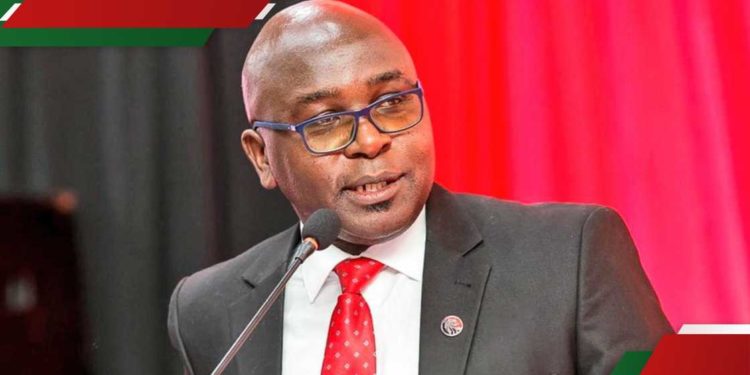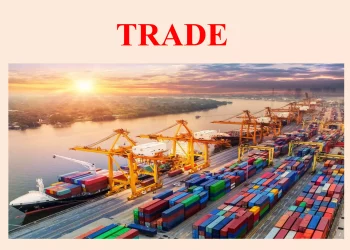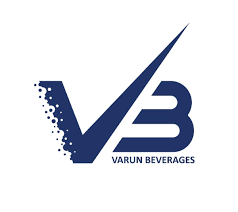Kenya’s tax authority is betting on artificial intelligence to plug revenue leaks and boost compliance as the East African nation seeks to maximize gains from continental free trade.
The Kenya Revenue Authority (KRA) unveiled plans to integrate AI into its operations during its annual Tax Summit, a gathering of policymakers and industry leaders held in Nairobi last week. The move comes as the country grapples with ambitious revenue targets amid a challenging economic environment.
“We are leveraging AI to streamline processes, detect fraud, and enhance compliance,” KRA Commissioner-General Humphrey Wattanga said at the summit. The authority expects the technology to significantly reduce tax evasion, potentially adding billions of shillings to state coffers.
Kenya’s tax-to-GDP ratio stood at 13.8% in the fiscal year 2022/23, below the government’s medium-term target of 17.8%. The World Bank recommends a minimum of 15% for sustainable development in low-income countries.
To boost voluntary compliance, the KRA is also overhauling its customer service approach. The authority plans to simplify tax processes and improve communication channels, making them more accessible to the average Kenyan.
“Our goal is to build trust with taxpayers by making the system easier to navigate and less intimidating for all Kenyans,” Wattanga said. This shift could prove crucial in a country where the informal sector accounts for an estimated 83% of total employment, according to the Kenya National Bureau of Statistics.
The summit also highlighted Kenya’s preparations to capitalize on the African Continental Free Trade Area (AfCFTA), a pact that aims to create a single market for goods and services across 54 countries.
“The African Continental Free Trade Area is vital for enhancing trade flows and ensuring Kenya remains competitive globally,” said Erick Sirali, Director of Digital Trade at TradeMark Africa, a non-profit organization supporting trade in the region.
Kenya’s exports to African countries rose 9.8% to KES 309.3 billion in 2022, accounting for 37.7% of its total exports, official data show. The government sees AfCFTA as a key driver for future growth.
To support its AfCFTA ambitions, the KRA is accelerating the digitization of customs processes. This initiative aims to reduce clearance times at borders and ports while ensuring more accurate duty collection.
“By digitizing customs, we are not only reducing delays but also ensuring accurate collection of duties, which will promote Kenya as an international trade hub,” Wattanga said. The World Bank’s Logistics Performance Index ranked Kenya 68th out of 160 countries in 2018, suggesting room for improvement in trade facilitation.

















